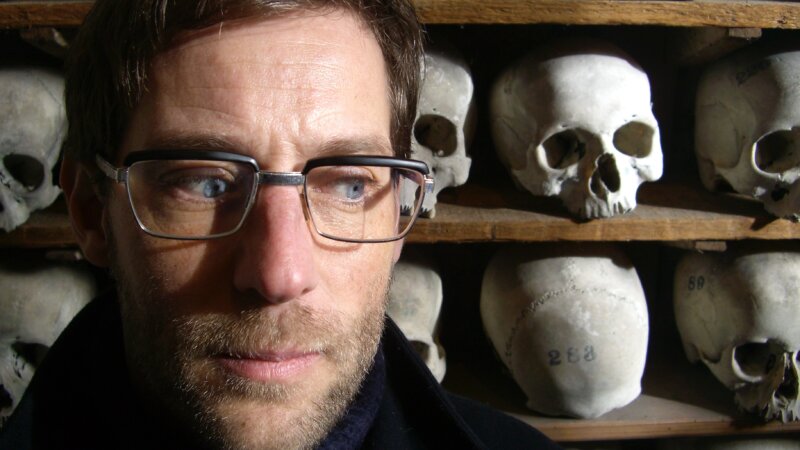Vanishing Democracy: Has Council lost touch with the people?
Is this how democracy in local government dies?
For the last six years, I have been working to improve local transparency and decision making and to hold Sheffield City Council to account. Since then, changes in how the Council talks to the city have reduced the avenues for ordinary people to contribute to how Sheffield works.
In 2012, there were a number of ways to connect with the decision makers in the Council. Seven Community Assemblies brought all the councillors for four adjacent wards together to meet their residents. Plans were made about spending a local budget, discussions on local issues took place, presentations from service providers were heard, and residents were able to raise concerns and ask questions of councillors. Cabinet in the Community was a regular event, where all available members of the Council's Cabinet, the city's real decision makers, came to visit community areas and take questions from the public. Formal Council meetings conducted the business of the Council under the eye of the public gallery, enabling ordinary people to present petitions and ask questions. This was healthy for democracy - not perfect, but positive.
The Community Assemblies were mixed. Some were well attended and worked well, while others barely saw the public at their meetings. They were minuted, records of decisions kept and future action points carried forward. Positive neighbourhood democracy in action, mostly. Some assemblies didn't work, suffered from apathy, both in the communities and with the Councillors themselves, and were seen as expensive and ineffective, costing £2.6 million a year when budgets were under immense pressure from austerity.
In 2013, to save £2 million a year, the Council replaced the assemblies with "a Ward based approach where Ward Councillors are supported to take the lead for engaging with the communities they serve". This change meant no regular public meetings. Ward councillors alone would administer the reduced ward funding and they would 'lead' public engagement. The previous assembly areas would be kept and become a new 'talking shop' of lead councillors working on partnerships with other agencies and service providers. This body lost any decision making power and was not a formal committee, not open to the public and not publishing minutes.
This failed to achieve any of the aims of the proposal to involve the community in decision making. Ward meetings were minimal and ten wards held no public meetings at all. Local priorities and spending became councillor decisions and it was clear within 12 months that the new arrangements weren't working. In my discussions with successive Cabinet members for Neighbourhoods, a review was promised with subsequent changes, but they came to nothing. A report in February 2017 looked at strengthening the ward approach, but nothing further has been heard of this and yet again the relevant Cabinet member has moved on following a reshuffle, so the failed strategy remains in place.
Cabinet in the Community fizzled out and was formally decommissioned in March 2016 - one less opportunity for people to engage with and influence the decision makers. The reasons are unclear.
Formal Council meetings have been under review. A cross-party group, dominated by administration councillors, changed the format of the meeting and tested a start time of 5pm. They tinkered with the agenda and, after years of urging from myself and others, began testing for filming and recording meetings. From a public gallery perspective, this seemed to increase both the number of people coming to meetings and their willingness to ask questions. For councillors, however, this did not achieve the aim “to increase the efficiency and effectiveness of meetings”.
We are left with what appears to be a pattern of withdrawal from public engagement: Community Assemblies dissolved, Cabinet in the Community disbanded, no effective neighbourhood engagement from most councillors, and Council Meetings back to starting in the middle of the working day, of shorter duration, with fewer and shorter debates.
If we, as a city, choose not to invest in our democracy, should we be surprised if people feel ignored and powerless, and choose not to engage in that most basic of democratic actions: voting? Change must come, and soon.
Report on replacing Community Assemblies, 17 July 2013
Review of Ward based engagement, 16 February 2017
Review of Council Meetings, 16 May 2018
Art: Kate Morgan, issue #120 )







